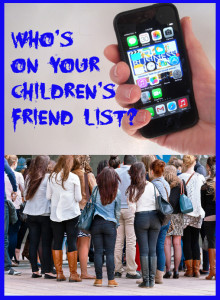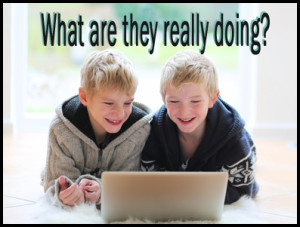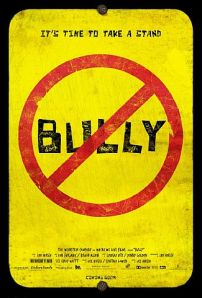Password protection can help prevent cyber-bullying or your children choosing rock solid passwords? In fact, many children tend to use the name of their pet, their street or even their teacher’s last name.
There now hundreds of social media platforms available. Every one of them must be accessed with a username and password. However, if the password is weak, it can be easily compromised.
Here’s a tip to help your children choose a password which will not be hacked. This is also effective for adults or anyone wanting to make sure they are safe online.
 Think of a sentence with 10 to 14 words. Include at least one number and one symbol in the sentence. Here’s an example. My brother has 6 red 20 $ T-shirts in his bedroom closet. Take the first letter of each word and keep the numbers and symbols in the sentence. By doing that you now have the following password:
Think of a sentence with 10 to 14 words. Include at least one number and one symbol in the sentence. Here’s an example. My brother has 6 red 20 $ T-shirts in his bedroom closet. Take the first letter of each word and keep the numbers and symbols in the sentence. By doing that you now have the following password:
Mbh6r20$tsihbc
This 14 digit password has upper and lowercase letters. It has a symbol, two numbers and other characters also. There are no words found in this password. These are important features of a good password.
Use this method and encourage your children to do the same when choosing passwords which no one else will be able to guess or hack. Just make sure you remember the sentence and don’t write it down. Once you write down a password, chances are vastly increased that someone else could find and use it.










